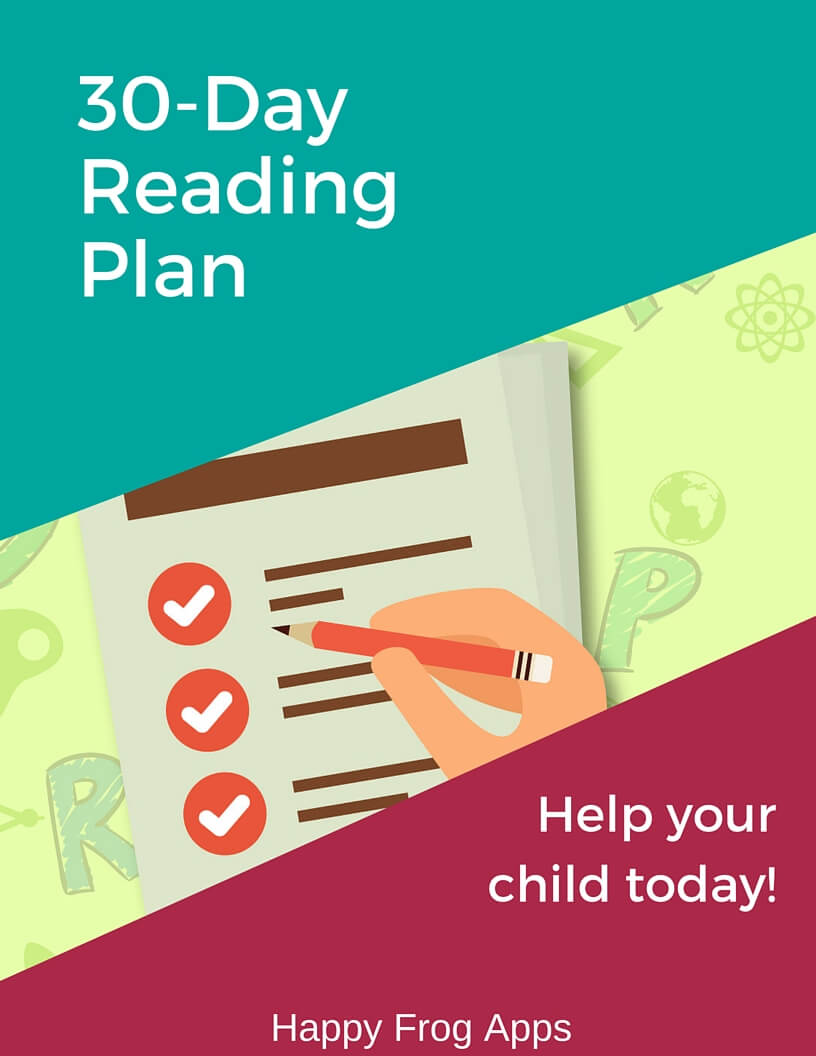Idea Central
Strategies & Ideas to Support Struggling Learners
Parent Super Strategy #5
Hi, I hope you are enjoying your day!
If you are enjoying your day, then you are probably ready to learn something new. If you are not enjoying your day, then you are probably in no mood to learn anything new at all – especially if it is hard.
It is the same for your child.
Brains are ready to learn when they are relaxed and happy. The moment any negative emotions come into play — stress, anger, worry – then our learning brain shuts down. REALLY shuts down.
And if your child’s learning brain is shut down… you are wasting your time trying to get them to learn and improve an academic skill.
So does this mean that your child gets a free ride any time they are in a bad mood? No way. Our earlier strategies of regularity and consistency come into play. You must practice about 5 times per week.
If you see that your child is coming to the reading session upset or worried, maybe resistant, then your first job is to make sure your child feels some success in the first minute. And in the next minute and the minute after that.
Perhaps the first 5 minutes of your session is super-easy or a little silly. So what? If you can get that brain to relax, it means you can have a productive 15 minutes after that.
Or maybe you notice that your child is getting stressed or losing focus half-way through. If your child’s brain is starting to turn off, DON’T push through. Remember, once that brain is turned off, you are wasting your time. Instead, change what you are doing, add a bit more success, put your child in the teacher role instead of you – just keep that learning brain turned on.
Over time, you’ll find that you can worry less about keeping the learning brain turned on and focus more on working on reading skills. But in the beginning, for as long as it takes, you may need to be training your child’s brain to trust that reading time is a safe experience.
If you do need to switch up to a fun but educational activity… well, you know what I going to recommend 🙂 Yes, our apps 🙂
All our apps are carefully graded so that ALL children can feel success. And if your child needs a bit of solo time – where no-one is watching to see if they make a mistake – our apps fit the bill. Your child can use our apps independently because we guide your child to the correct answer with timely feedback and hints.
Parent Super Strategy #4

Hello again, today’s super-strategy is all about consistency & regularity.
The easiest way to develop or improve a skill is to take advantage of how our brains learn. And research in neuroscience shows that brains learn best with consistent, regular practice.
In terms of developing reading skills, here’s how to do it.
1. Make sure you do ‘reading time’ at least 5 days a week. Two or three days won’t cut it. Brains need consistent, regular practice. That reading brain needs a quality work-out at least 5 times per week.
2. Reduce resistance by having a standard ‘reading time’. Make sure your reader knows when reading time is going to happen. If you sit down every night after dinner, resistance will be less than if you do a different time every day.
3. Think about the time of day. Cuddling up together with a book at bedtime is an awesome experience. And I encourage you to keep doing it — or start doing it! But at bedtime, your child is tired and that is not the best time to put his or her reading brain to work.
Think about making bedtime the ‘reward’ time, where you read aloud to your child. Do the reading practice earlier in the day when your child’s brain is better prepared for hard work.
What about those days when you can’t make reading time? That’s when apps come in handy. Grab our Starter kit of reading apps for those days when you just can’t sit down with your child at reading time.
Remember, you need to make sure your practice is regular and consistent – getting these apps is an easy way to make that happen with your busy life.
You can find the link to our starter pack in the sidebar. Check it out!
Parent Super Strategy #3

Hello again, today’s super-strategy is all about reward.
Learning new skills is hard, no matter how you dress it up. And if you expect your child to work hard, they need some reward for their effort.
How you do that is up to you, but make sure it is something you can ease off when reading becomes less of an issue for your child.
Here are some things that have worked:
1. Your child earns one token for every night of reading. Tokens can be cashed in for a specific reward. (For example, 10 tokens = one trip to the movies). It’s helpful to have a menu of rewards. Before reading, you can talk about what reward she wants to work for – this does wonders for motivation!
In the early days, if reading is a real struggle, have something that you child can earn in a couple of days.
2. Money. Yep, some kids are motivated by cold hard cash 🙂
3. Time with mom or dad. Kids love 1-1 time with mom or dad. So how about trading 15 minutes of reading for 15 minutes of play time with you?
As you know, we think quality reading apps can be a great part of a home reading program for a struggling reader. And we believe in rewards, too 🙂
All our apps have a built-in Reward Center that opens once the player has reached specific daily milestones. To play in the Reward Center, learners need to earn coins by doing the levels. This means your child can work independently — kids love this — but you can be confident that they are not spending all their time playing in the shop.
So, what are you going to do today to REWARD your child’s hard work?



